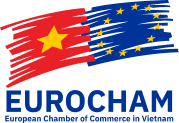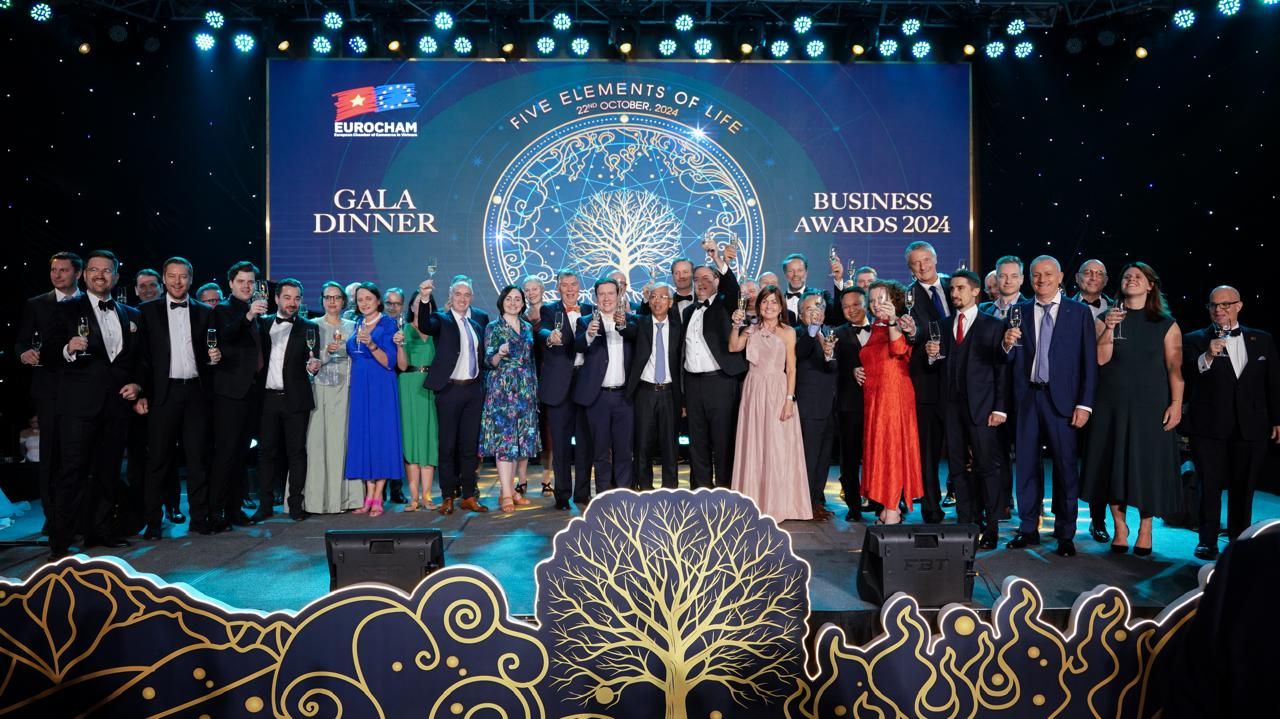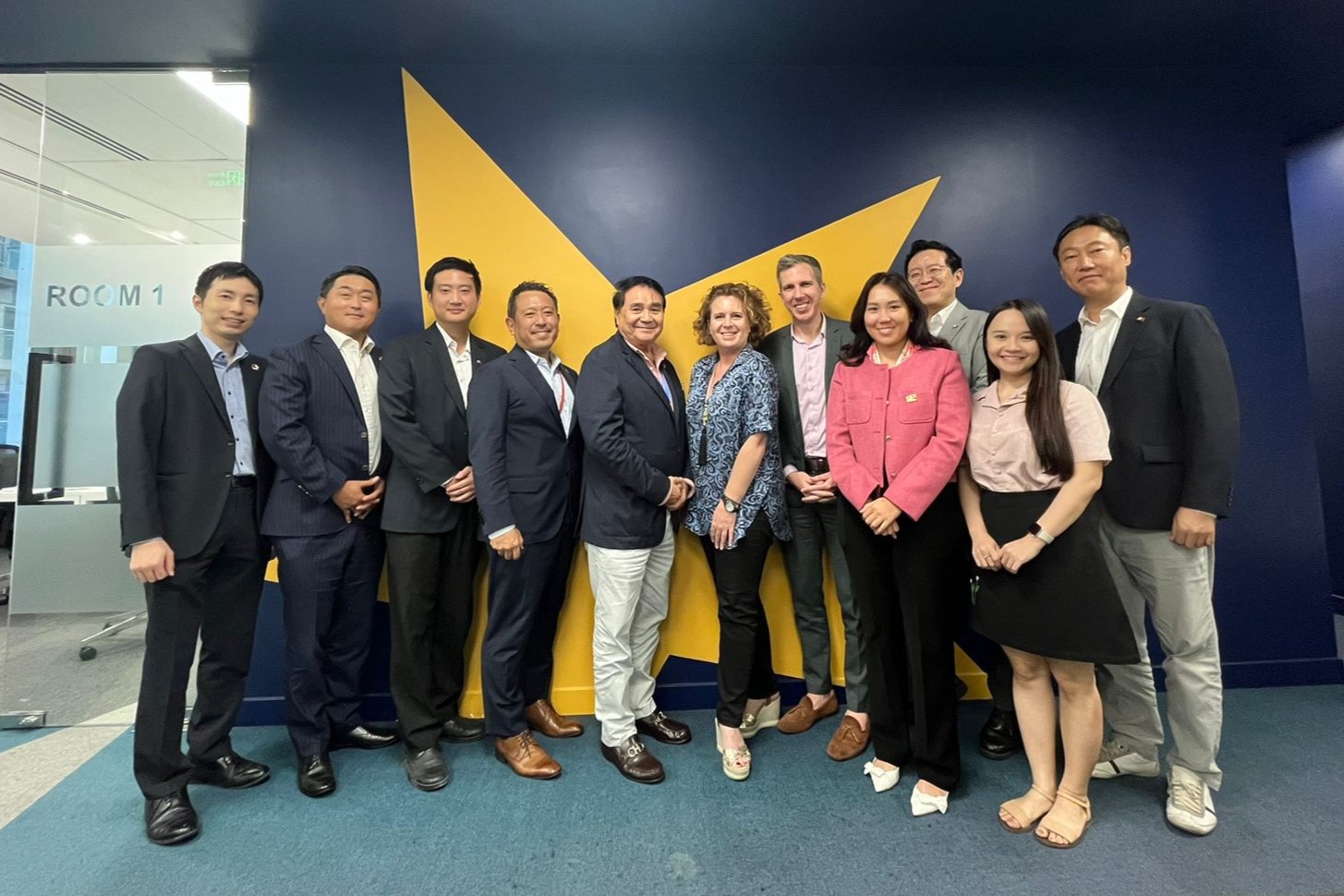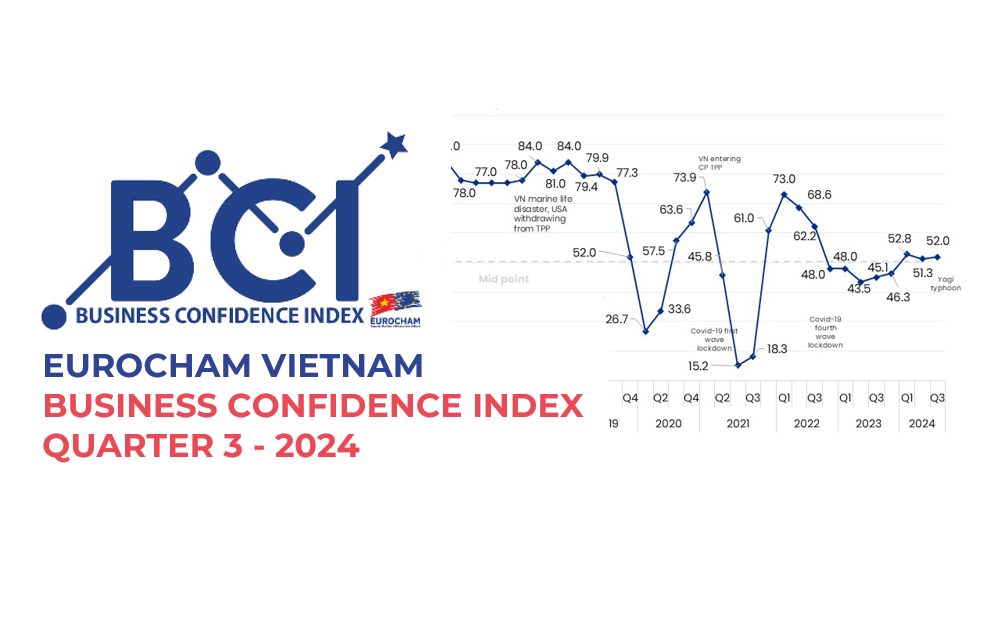On Monday 13th April, EuroCham hosted a free webinar for members entitled “Decisions under Emergency: A Model to Win the Uncertainty”. EuroCham Vice-Chair Guy Balza hosted the event alongside special guest speaker Giuseppe Iamele, Co-Founder of 2-Click Solutions.
The webinar focused on the art of decision making: this simple act has implications for everything from management to government and economics. There are established theories which enable us to make better, more effective and successful decisions. But these are unusual times. So, in this event, our speakers came together to discuss how we can make good decisions during emergencies, and how can these be applied in real-life situations.
In his presentation, Mr Iamele spoke about three broad topics:
We are the product of our decisions
The rules of good decisions
Crossing cultures
He began the webinar with a discussion of how we make decisions: We consider ourselves to be rational decision makers. However, our emotions, a lack of information, and conflict-avoidance can often influence the decisions we make. These are known as the “pitfalls” of decision making. Under normal circumstances, these pitfalls can be overcome with three simple tools: (1) incremental self-testing; (2) increasing risk, and; (3) the “20-days” rule, after which the results of a decision will have become known.
However, in emergencies and uncertain situations, we often do not have the time to implement these measures. Therefore, Mr Iamele suggested that a cross-departmental taskforce with two specific teams should be created to make quick and effective decisions. One of these teams should focus on the “present” (or immediate issues) with the other focusing on issues which could arise in the “future”. In these situations, when time is of the essence, conflict is inevitable; since not all stakeholders can be involved in the decision-making process.
Mr Iamele then discussed some practical principles of decision making in emergencies. In these situations the first, critical decision should not be rushed since a bad, premature decision will be harder to resolve later on. However, when a decision is taken, results should be measured every day. Leaders should also listen to their staff on the frontline and engage them in the decision-making process, rather than investing all decision-making power in one single “leader”. Established policies and procedures should also be changed, if possible.
Where staffing decisions are concerned, Mr Iamele stressed the importance of measuring performance, not making decisions based on trust. He also recommended using technological innovations to get insight, and offering people opportunities to learn to motivate them and keep them engaged.
Mr Iamele then summarised his approach to decision making in uncertain times:
Make sure the first decision is the right one. If it is wrong, it will be harder to resolve later
Don’t overuse data as this can be unreliable in emergencies
Increase 1-2-1 communication rather than depending on official, general communication
Adopt different measurement tools and make daily KPIs
Introduce weekly brainstorming sessions
Cut the number of functions and create two teams: present and future
Later, Mr Iamele discussed how these principles can be applied in a cross-cultural setting. In Vietnam, he emphasized how the “power” and “experience” of the decision-maker are important in the decision-making process. This person explains how a task should be performed, and it is then implemented with little testing or questioning of the process. He contrasted this with a “western” model of decision-making which is more ideological, more iterative, and which is based on influencing others to take action.
During the Q&A session, Guy Balza and Giuseppe Iamele discussed a number of questions from the audience, including the most critical problems that companies face during emergencies; the most effective technological solutions for SMEs during uncertain times; and how to help workers develop disruptive capabilities.
Those who missed our webinar can catch up on the event or download the event slides HERE.





